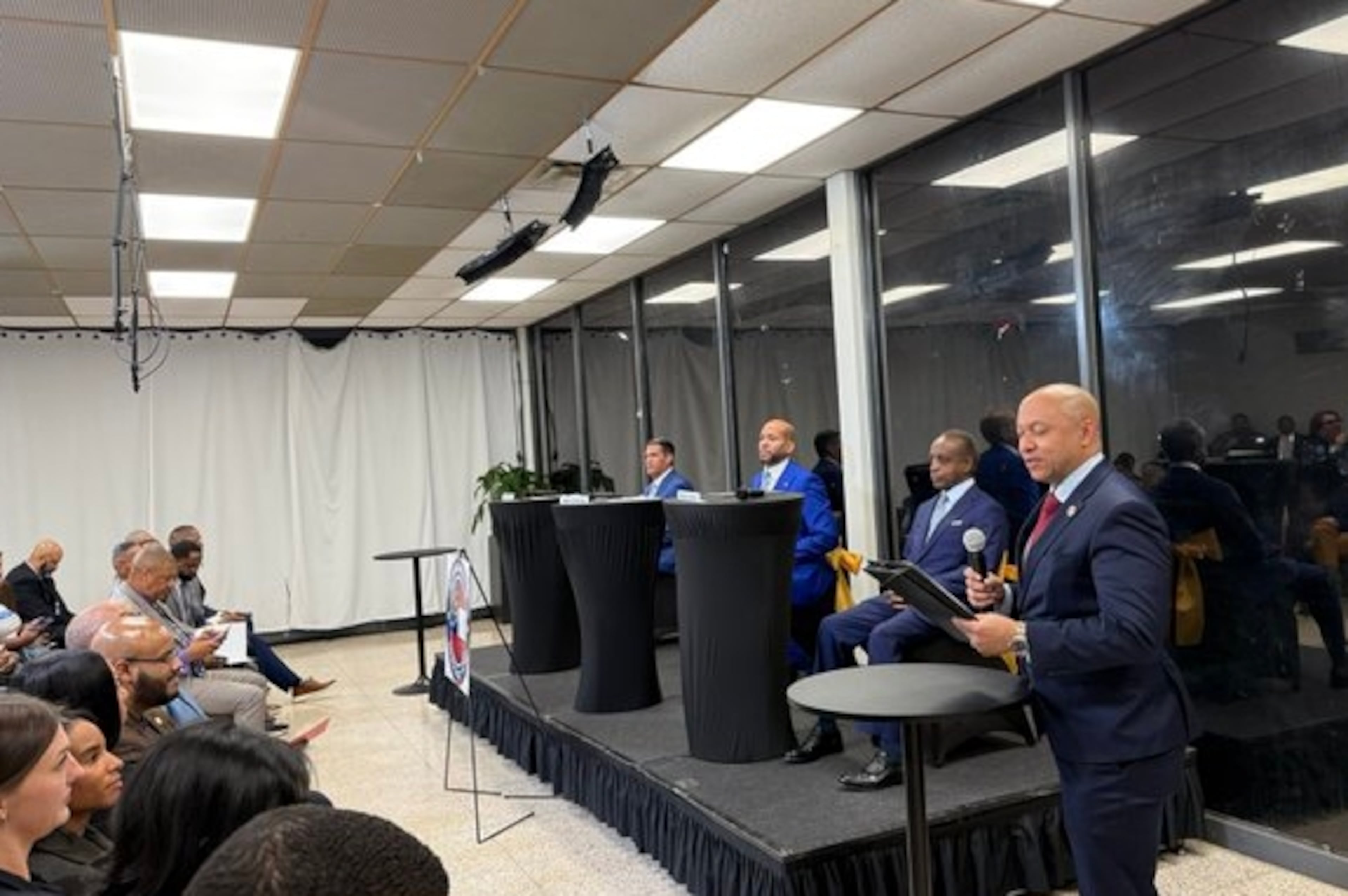Georgia gerrymandering cases unresolved after Supreme Court ruling

The U.S. Supreme Court declined to decide Monday whether it's constitutional for states to create electoral maps that give an advantage to one political party over another, preserving district boundaries in Georgia and across the nation.
The court's decision leaves in place partisan gerrymandering — the practice of state legislators drawing districts to help ensure the election of Republicans or Democrats.
The Supreme Court unanimously ruled against Wisconsin Democrats, saying they failed to prove they had a right to sue statewide rather than challenging individual legislative districts. The court also decided against Maryland Republicans who had sought a preliminary injunction in a case involving a congressional district.
Separate lawsuits contesting Georgia’s districts are still pending.
In one Georgia case, a three-judge panel of federal judges found "compelling" evidence that race dominated the process of redrawing legislative districts in 2015, but the plaintiffs couldn't refute testimony that decisions were based on partisanship rather than race. The judges declined to grant an injunction June 1 and the case is still ongoing.
Another lawsuit filed last week in Georgia and two other Southern states argues that congressional districts disempower African-American voters. That complaint is based on the Voting Rights Act, which prohibits voting discrimination against racial minorities.



